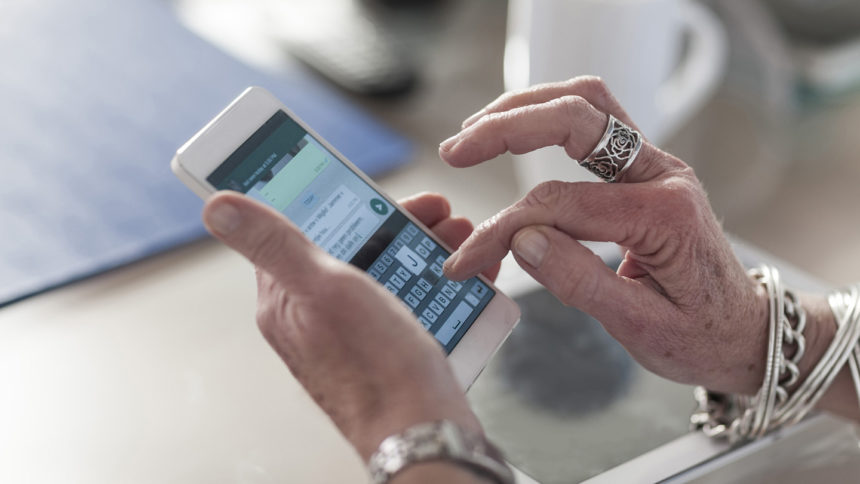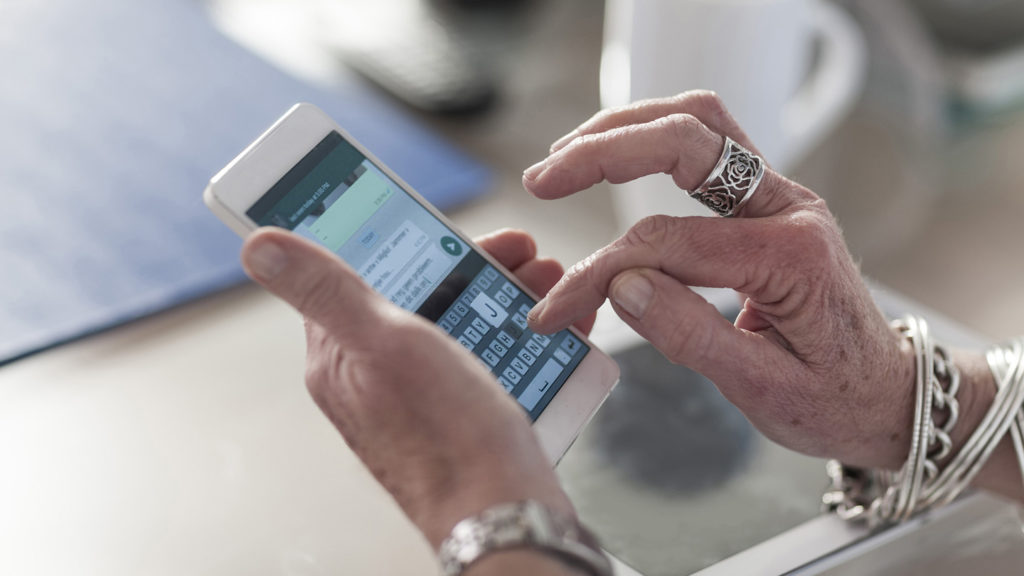

After showing initial skepticism, more older adults are finding acceptance, and even enthusiasm, for tools and devices that use artificial intelligence.
As AI and machine learning capabilities for healthcare have exploded over the past year, surveys have tried to gauge perceptions among both older adults and caregivers about whether they believe the tech is beneficial.
Older adults increasingly are comfortable with AI-enabled wearable devices that “promote self reliance” and track health and location data, although most remain reluctant to embrace “AI companions” or self-flying drones, according to a recent report from the Mather Institute.
The new findings are an encouraging sign for senior living and care operators, which generally more often are turning to technology to improve efficiencies and provide better service.
In the polling of more than 600 older adults, 60% said that they were “knowledgeable” about AI, and a majority said that they used AI for GPS, digital assistants or text editing. Only 4% of the older adults participating in the study said that they have used drones.
Older adults’ biggest fears about AI’s future potential are that it could be “weaponized” or used for more sophisticated scams, a concern recently discussed in a Senate committee hearing.
With tech such as drones — perhaps an ill-fitting match of technology for senior living residents — the lack of adoption among older Americans may have less to do with having strong negative opinions about the technology than it simply being too new for that cohort to know or care much about it, the study authors suggested.
That said, 78% of the older adults participating in the study said that they had mixed or outright negative opinions about AI “companions” and “facial recognition tools.”
This finding tracks with earlier studies that showed that older adults are very hesitant to embrace any tech that would push out in-person interactions with caregivers and clinicians, as the McKnight’s Tech Daily previously has reported.
In addition, despite older adults’ avowed interest in wearable trackers in the Mather study, they still are not using such tools to monitor cardiac health to the extent they should, another report from this year indicated.


